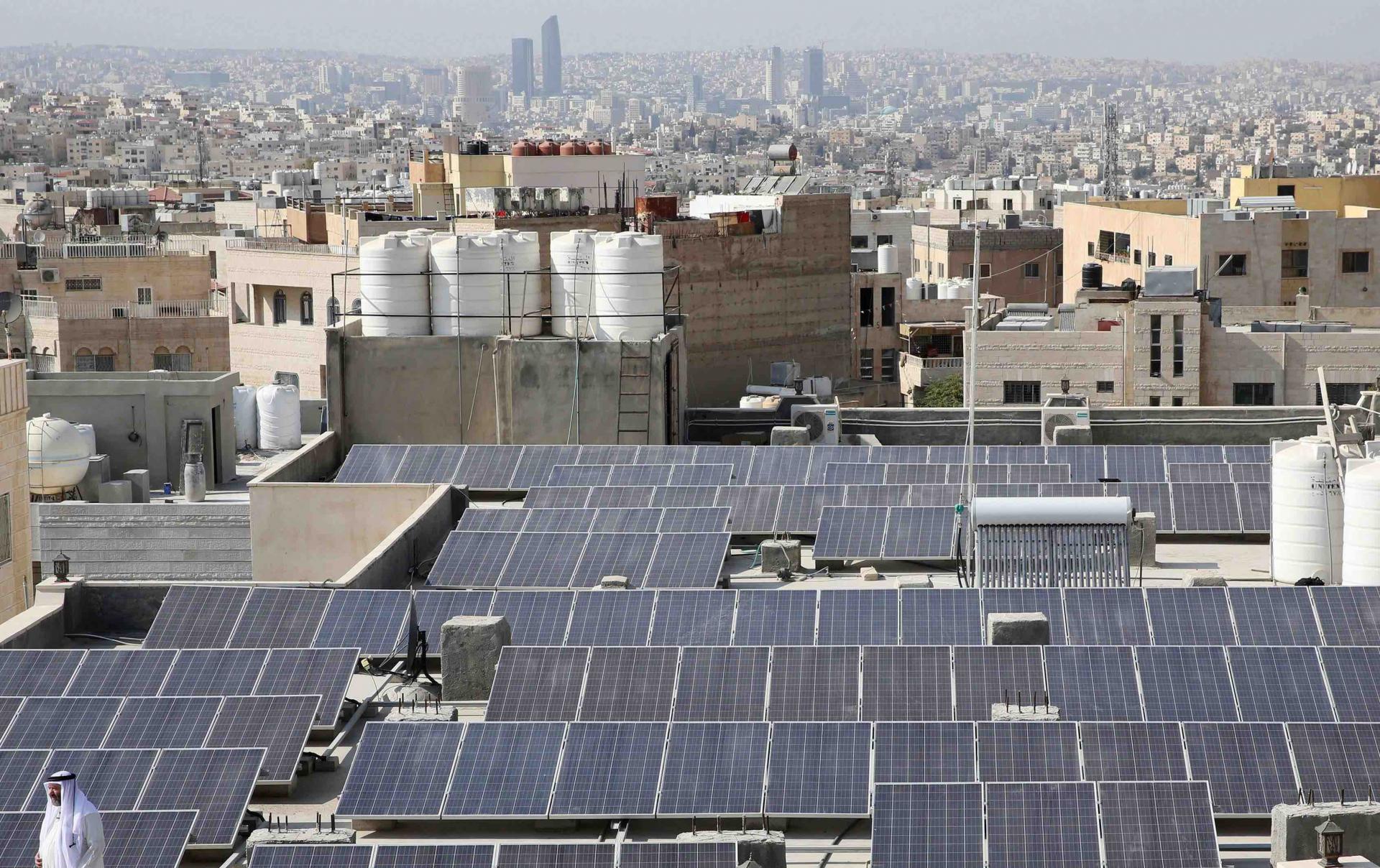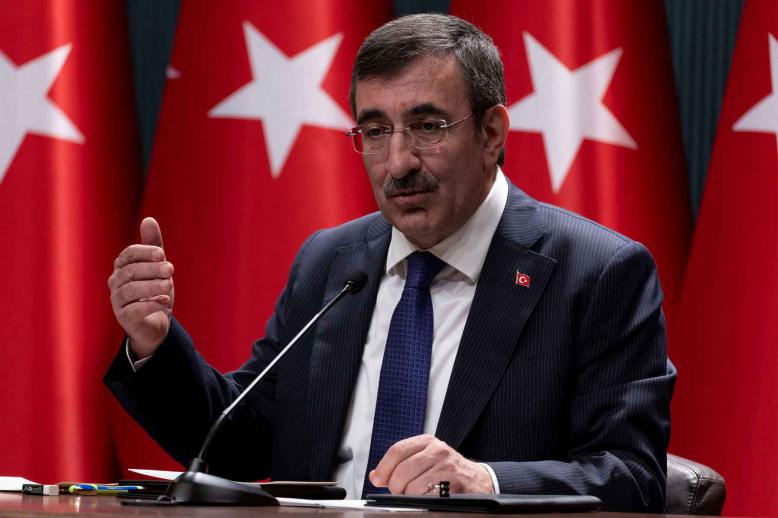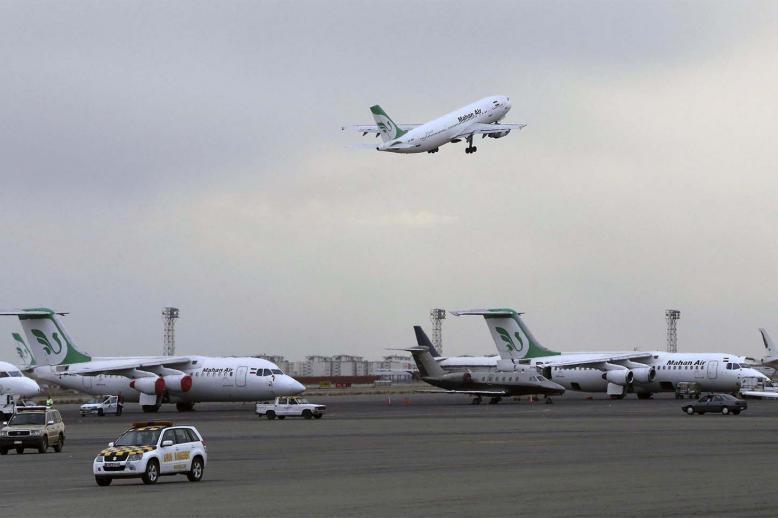Jordan making strides in renewable energy production
AMMAN - Jordan’s investments in the renewable energy sector have reached more than $5 billion, placing the desert kingdom among leading countries in providing a legislative environment and attracting investment in the sector.
With a semi-arid and mostly desert terrain and a 10-month period of consistent sunshine, Jordan focused efforts on solar energy to increase its energy resources.
Jordan’s permanent representative to the International Renewable Energy Agency (IRENA) and Jordanian Ambassador to Abu Dhabi Jumaa Abadi said Jordan has worked to benefit from the resources it has, attracting suitable investments in the field.
“The year 2014 witnessed the kingdom’s serious development of the solar and wind energy projects supplying clean energy to the national grid with a total capacity of approximately 1,500 megawatts, which account for some 20% of total electricity generated,” Abadi said at an IRENA meeting ahead of Abu Dhabi Sustainability Week and the World Future Energy Summit.
“Jordan succeeded in increasing its dependence on renewable energies, which enabled the sector to attract investments exceeding $5 billion,” Abadi said.
The IRENA assembly represents a start to a decade in which the world must achieve the Sustainable Development Goals established by the United Nations and adopt a climate-safe energy path.
The Jordanian Ministry of Energy and Mineral Resources identified key actions to accelerate renewable energy deployment and facilitate renewable energy transition.
Fahed Oweidat, business development manager at Yellow Door Energy, a leading energy efficiency company, said investing in renewables is one of the most rewarding and secure investments in the country.
“We started with the aim of attracting investments in this field with 10 [megawatts] MW of solar project but ended up with 100 MW in Jordan only that enabled us to raise funds from big international players like the International Finance Corporation. The government tries to support the investments in this field and this is good. We had the support from the regulator and the utilities to make this happen,” Oweidat said.
“Jordan still aims to attract more investments in this field as the vision is to expand the sources of renewable energy in the coming few years. Experts say that clean energy contribution of the Jordanian energy mix will rise to 20% of the total power output by 2021, compared with only 1% in 2014.”
The company commissioned a 3.96-megawatt peak facility at Wadi Al-Aash Solar Park, east of Amman, to generate renewable energy for Specialty Hospital and Istiklal Mall.
“The need for renewable sources is vital for the survival of the commercial and industrial sectors, especially at this time, which is characterised by a slowing economy. The trick nowadays is to save as much cost on operations as they can. Our business model allows this to happen as we provide our customers turnkey projects on the Build Operate Transfer basis,” Oweidat said.
He said the sector has provided job opportunities in a country where the unemployment rate is nearly 20%.
“There are more than 600 companies working in the field of renewable energy in the kingdom and this has been instrumental in providing job opportunities to many experts in this field and also to fresh graduates,” Oweidat said.
According to a report published by IRENA, jobs in renewables could total 40 million by 2050 under a climate-safe energy scenario.
However, many challenges face the sector in Jordan.
“We are facing some issues, especially regarding limitations on the grid because it is not fully prepared to adopt new feed from renewable resources in many areas,” said Oweidat. “Sometimes we need to locate land close to grids, which can be expensive, or need a lot of civil engineering to make them suitable to build the station.”
Renewable energy is used not only in households but also in refugee camps. Azraq is the world’s first refugee camp powered with renewable energy through a 2-MW solar photovoltaic plant.
Oweidat said Jordan has the motivation and potential to host more advanced technologies in renewable energy. “The kingdom needs to focus on new technologies and spread awareness regarding storing energies in future projects,” he said.
Roufan Nahhas, based in Jordan, has been covering cultural issues in Jordan for more than two decades.
This article was originally published in The Arab Weekly.







